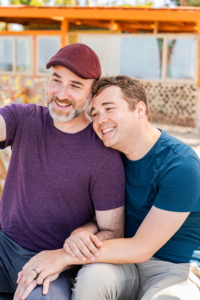If not now, when?
In January, we reflected on seven milestones and lessons from the last shmita cycle as we also look forward to the next. Our second reflection below offers ideas for effective giving in crisis.
Trusting relationships drive strong philanthropy. As such, forging deep and longtime trusting bonds with nonprofit partners, other funders, and community members are foundational to be effective and act with urgency in times of crisis.
The terrible war and devastation in Ukraine is a case study. To learn what was happening, we immediately reached out to trusted friends and partners on the ground, including relief agencies and individuals in our networks. It was clear that addressing a disaster of this magnitude required a wide set of tools. Leichtag Foundation immediately supported several established organizations with existing programs and services in the field. These groups will be key in managing long-term systems change and recovery as they transform fragile communities into stable ones.
Complementary to that, knowing that often the most urgent and nimble relief is delivered through pop-up volunteer emergency networks, we kickstarted an initiative with no overhead run by activists on the ground. We knew and trusted these individuals to conduct the most dangerous evacuations and supply deliveries. The network is run entirely by group chat apps, will likely not continue beyond the immediate, and has the flexibility to pivot many times over the course of an endeavor. Given the crucial and dynamic nature of disaster response, the talent, experience, and partnerships of all players are valuable.
– Photos from on-the-ground supply deliveries and shelters
The Foundation has always sought to leverage its grantmaking by educating the community about important issues through programming and communications. By establishing Impact Cubed, a 501(c)3 nonprofit, in 2019, we expanded how we offer community members access to understanding and dealing with crises. We’ve provided opportunities to give quickly and strategically with likeminded donors to vetted, trusted partners on the ground. We have come to learn that donors don’t often give solely because they support a cause. They give because they trust the people behind the cause, and they trust us. To date, more than 200 donors have joined us in supporting the organizations and grassroots initiative we vetted and recommended.
Here are a few tips when thinking about disaster recovery giving.
- Relationships are everything. When you need to move at the speed of trust, leverage the knowledge and expertise of every network and friend of a friend you can.
- Disaster funding is simultaneously a sprint and a marathon. Often volunteers on the ground can operate quickest in the moment on specific rescue and recovery actions, while institutions with longtime expertise must set the course for consistency for the long-term. Neither can be neglected.
- Identify trusted partners. We’re proud that community members have looked to Leichtag Foundation, and our partner Impact Cubed, for counsel, recommendations and quick action.
For more information about the Ukraine initiative see this article in eJewish Philanthropy and updates on the Impact Cubed website.
For more examples of how relationships drove disaster giving during COVID, see this eJewish Philanthropy article on the Foundation’s work in Jerusalem, as well as these links to information about the North County COVID-19 Response Fund and the San Diego Jewish Community COVID-19 Emergency Fund.
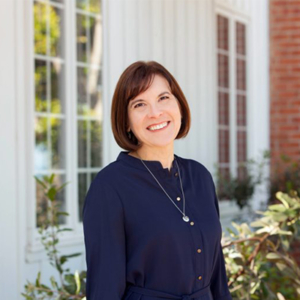 by Sharyn Goodson, Vice President of Philanthropy
by Sharyn Goodson, Vice President of Philanthropy

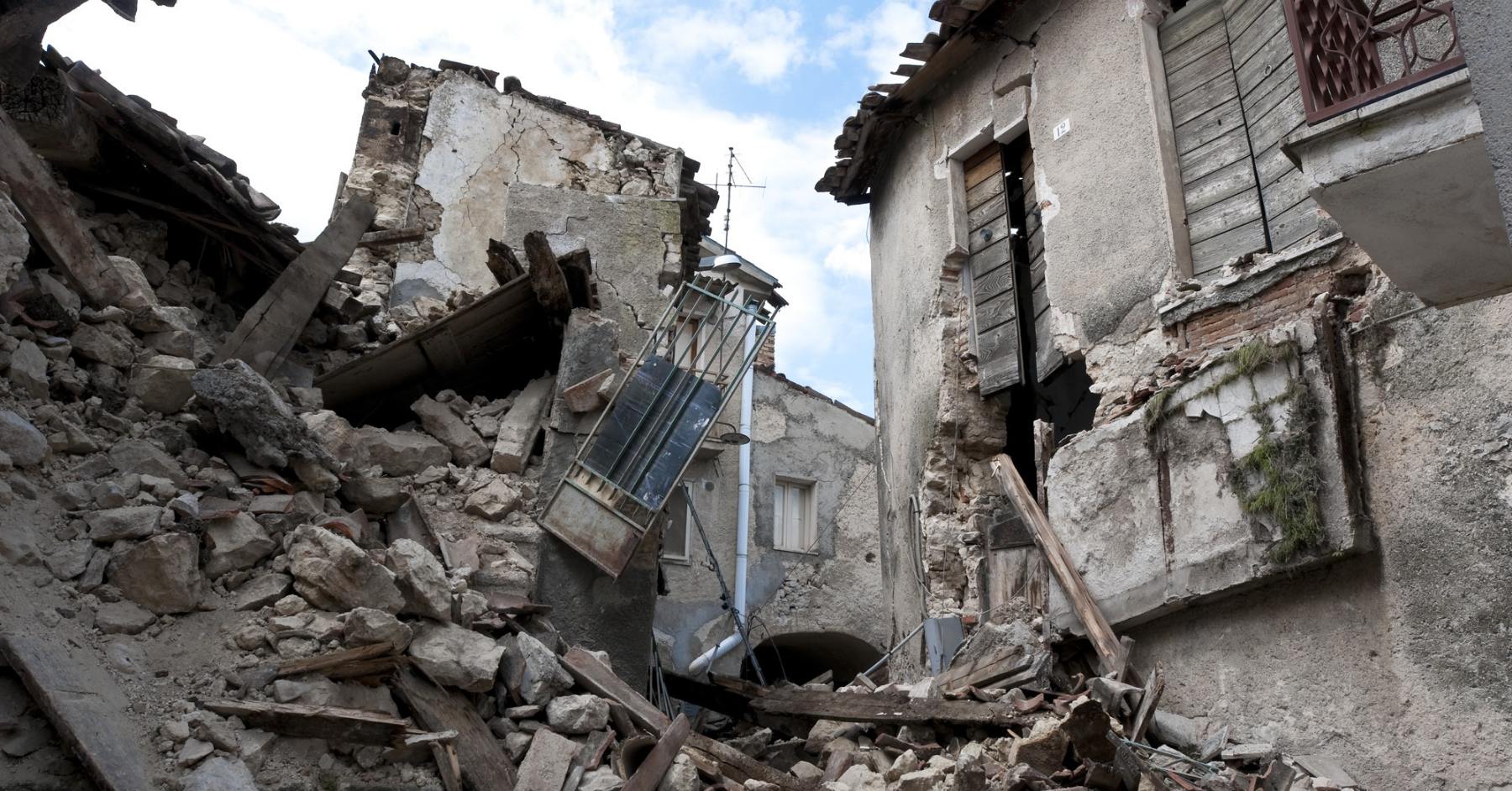



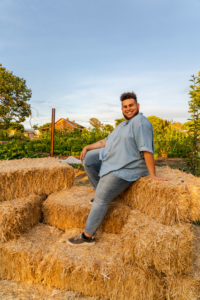 Black, Jewish and Queer. These three identities weave the fabric of who I am, but it took a long time to believe that they could exist together.
Black, Jewish and Queer. These three identities weave the fabric of who I am, but it took a long time to believe that they could exist together.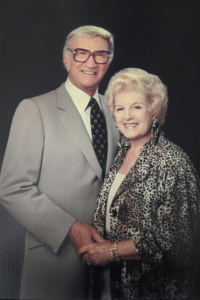 Lee and Toni Leichtag established the Leichtag Foundation in 1991 following the sale of their business. Lee and Toni were lifelong entrepreneurs with a passion for innovation and for supporting talent. They believed that only with big risk comes big reward. Both born to families in poverty, Toni to a single mother, they strongly believed in helping those most in need and most vulnerable in our community. While they supported many causes, their strongest support was for young children and the elderly, two demographics who particularly lack voice in our society.
Lee and Toni Leichtag established the Leichtag Foundation in 1991 following the sale of their business. Lee and Toni were lifelong entrepreneurs with a passion for innovation and for supporting talent. They believed that only with big risk comes big reward. Both born to families in poverty, Toni to a single mother, they strongly believed in helping those most in need and most vulnerable in our community. While they supported many causes, their strongest support was for young children and the elderly, two demographics who particularly lack voice in our society.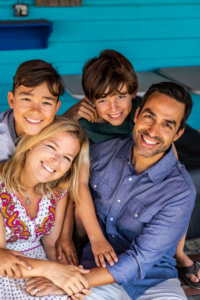 Lifelong Baltimoreans, Rabbi George and Alison Wielechowski and their sons, 11-year-old Lennon and 9-year-old Gideon, are more than pursuing the good life in Southern California. Having moved to San Diego more than three years ago, they are fulfilling a lifelong dream.
Lifelong Baltimoreans, Rabbi George and Alison Wielechowski and their sons, 11-year-old Lennon and 9-year-old Gideon, are more than pursuing the good life in Southern California. Having moved to San Diego more than three years ago, they are fulfilling a lifelong dream.
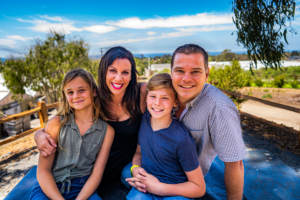
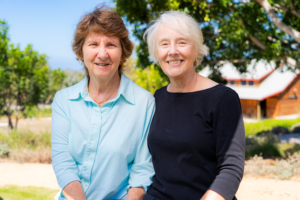

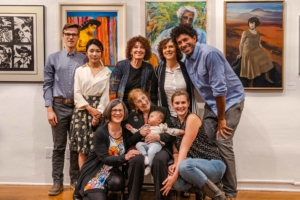
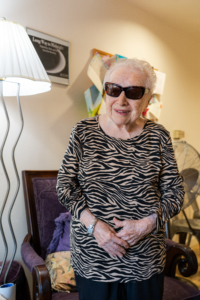
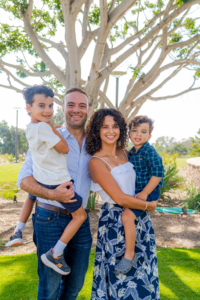
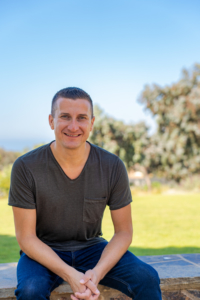 You would think that as the executive director of San Diego LGBT Pride, Fernando Zweifach López Jr., who uses the pronoun they, has done all the coming out they possibly can. A queer, non-binary individual who has worked for many years on civil rights issues, López also speaks openly and often about their father’s family, Mexican-American migrant workers who tilled the fields of rural California.
You would think that as the executive director of San Diego LGBT Pride, Fernando Zweifach López Jr., who uses the pronoun they, has done all the coming out they possibly can. A queer, non-binary individual who has worked for many years on civil rights issues, López also speaks openly and often about their father’s family, Mexican-American migrant workers who tilled the fields of rural California.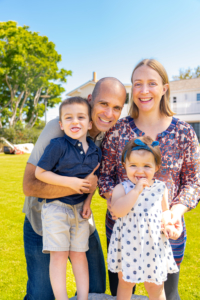 Stacie and Jeff Cook understand commitment. They live it.
Stacie and Jeff Cook understand commitment. They live it.